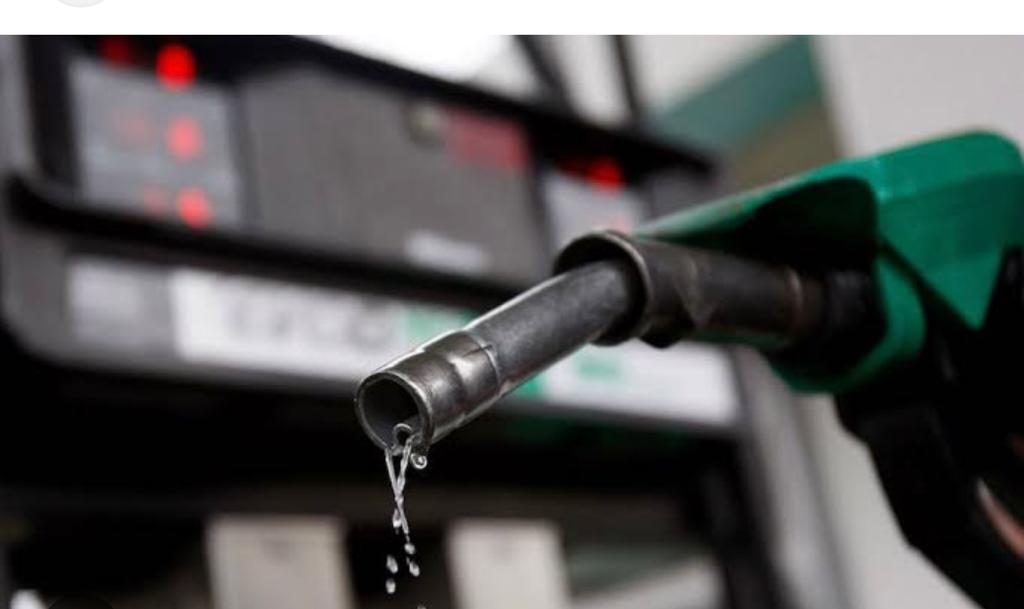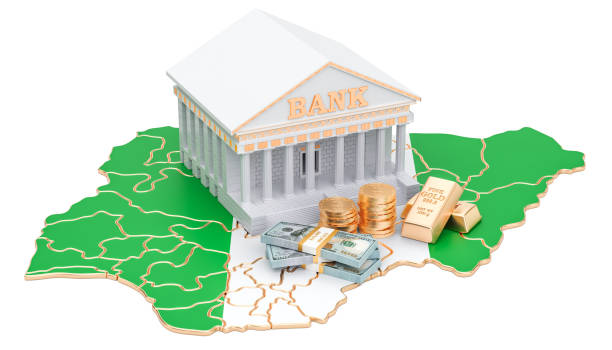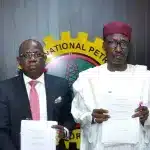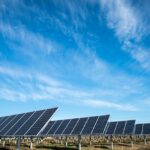The average retail price paid by consumers for Premium Motor Spirit (PMS) also known as Petrol increased by 157.57 per cent in one year.
This was disclosed in a report released Wednesday by the National Bureau of Statistics (NBS) titled PMS Price Watch (February 2024).
Join our WhatsApp ChannelThe report indicated that consumers paid an average retail price of N679.36 in February 2024, indicating an increase of 157.57 per cent when compared to the N263.76 recorded in February 2023.
On month-on-month basis, it rose by 1.66 per cent when compared to the average price value recorded in the month of January 2024 which was N668.30. The February value was little above that of December 2923 which was N671.86.
On State profile analysis, Zamfara had the highest average retail price for PMS at N750.43, followed by Kebbi which recorded N 746.67 and and Taraba State with N710.56.
Conversely, Kwara, Ogun and Benue States had the lowest average retail prices for petrol at N650.00, N650.83 and N652.73 respectively.
On zonal basis, the report indicated that the North West Zone had the highest average retail price of N701.20, while the South West had the lowest price of N657.20.
The increase in price of petrol reflected in the report is linked to the removal of petrol subsidies last year which led to sudden spike in cost of the commodity across the country. Shortly after the “Subsidy is gone,” declaration by President Bola Tinubu during his inaugural speech on May 29, prices of petrol jumped. From N189 per litre sold before the subsidy removal, it has increased by over 300 per cent in most parts of the country today. This is despite the fact that the Federal Government is still maintaining some level of subsidy, albeit secretly, to keep the price at what it is, as observers averred that without that, a litre of petrol could go for a thousand naira given the prices of crude oil in the international market and the rate of exchange in the forex market as Nigeria is still dependent on importation of refined petroleum products.
Diesel Price Increased to N1,257.06 In February; Up 50% In 1 Year
The NBS report on Automotive Gas Oil (Diesel) Price Watch for February 2024 revealed that average retail price per litre paid by consumers in February was N1,257.06 indicating a year-on-year increase of 50.20 per cent from N836.91 in the corresponding month in 2023.
“On a month-on-month basis, an increase of 9.02% was recorded from N1,153.01 in the preceding month of January 2024 to an average of N1,257.06 in February 2024,” the NBS report revealed.
On a state-by-state basis, the report indicated that the top three States with the highest average price of diesel in February 2024 include Akwa Ibom State (N1,525.00), Gombe State (N1,500.00) and Kwara (N1,444.00).
“Furthermore, the top three lowest prices were recorded in the following
State namely, Adamawa State (N1,037.50), Kano State (N1,111.43) and Katsina State (N1,125.00).”
READ ALSO: Nigeria: Why Inflation Keeps Rising
It added that on a zonal basis, South South has the highest average price of Diesel (N1,343.09), while South West Zone has the lowest price (N1,164.05) when compared with other Zones.
Following the hue and cry over the impact of Subsidy removal, the Federal Government had on October 1 2023, granted waiver of Value Added Tax (VAT) on diesel for the next six months.
This gesture was part of measures to cushion the impacts of the removal of petrol subsidy on businesses.
The waiver is part of the resolution reached by the federal government and leadership of the Nigeria Labour Congress (NLC) and Trade Union Congress (TUC) as part of post-subsidy regime palliative.
READ ALSO: VAT Waver On Diesel: Manufacturers Need Long-term Measures To Lower Production Costs
It remains unclear how this waiver has impacted positively on businesses as operators have repeatedly lamented high energy costs since the removal of subsidies on petrol.
Victor Ezeja is a passionate journalist with six years of experience writing on economy, politics and energy. He holds a Masters degree in Mass Communication.



















Follow Us